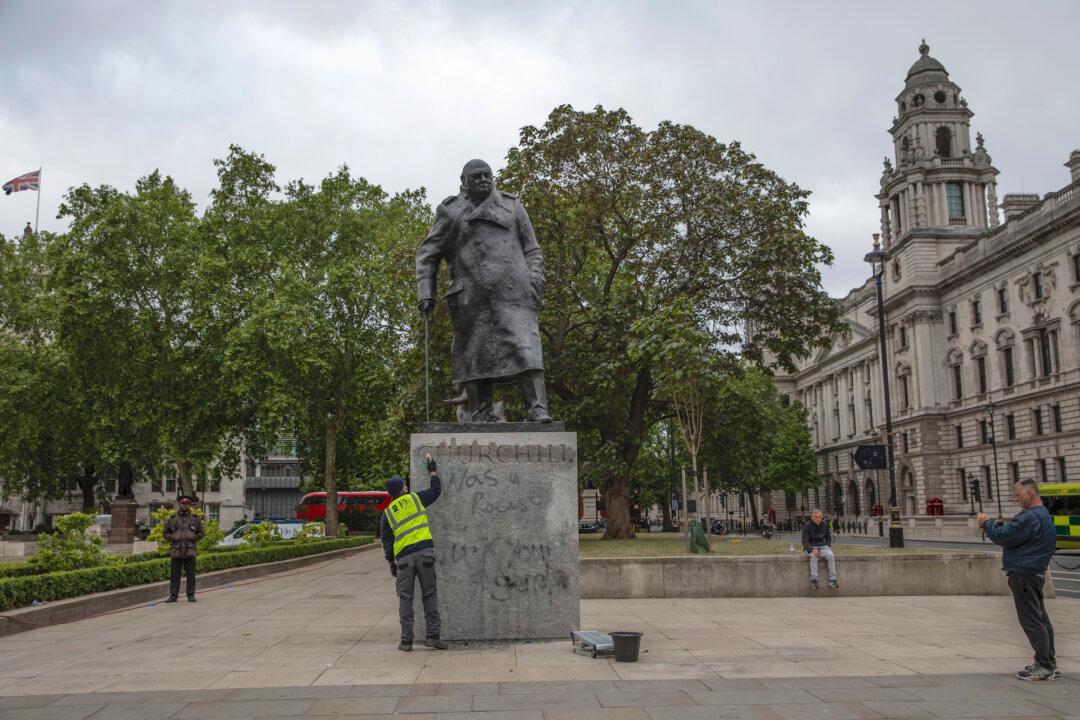The National Trust has been approached by the UK’s Charity Commission for clarity over concerns it’s straying from its purpose, after the heritage charity published a review linking 93 of the properties it looks after to slavery and colonialism.
The report, published in September, elicited criticism, including from some members of Parliament, and was accused of denigrating Winston Churchill, whose home is managed by the Trust.





